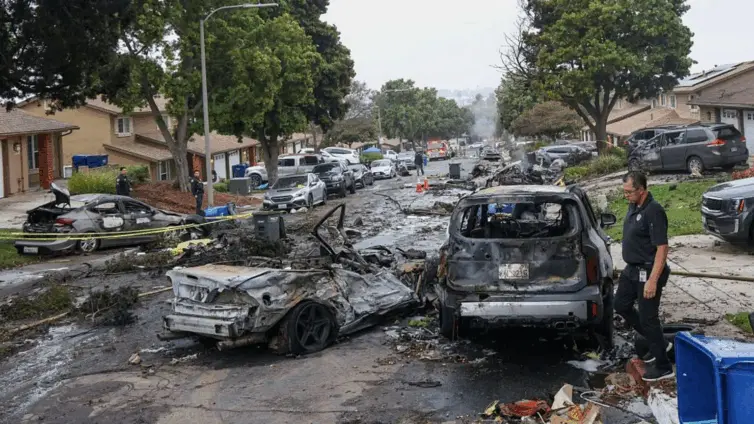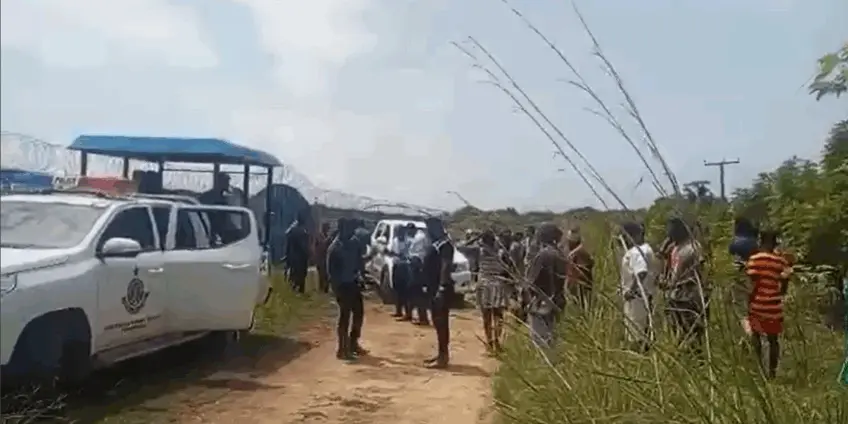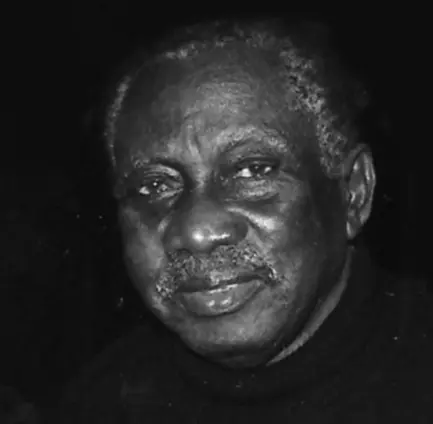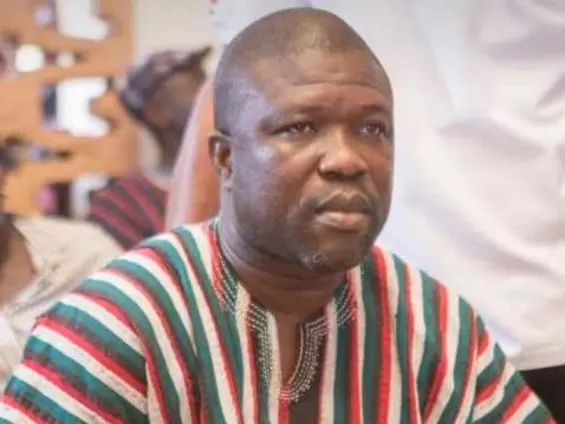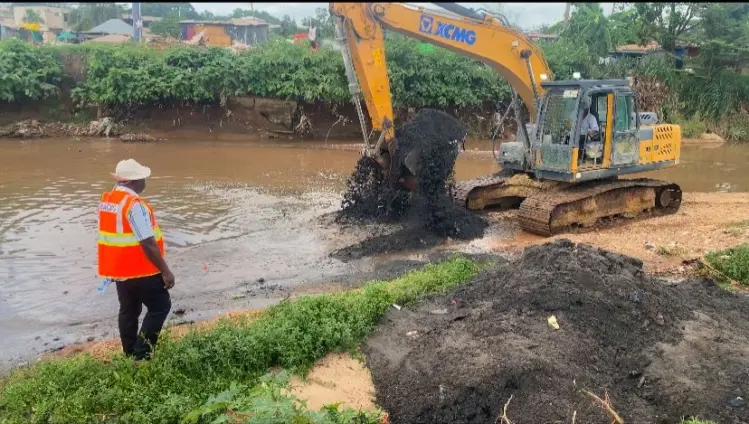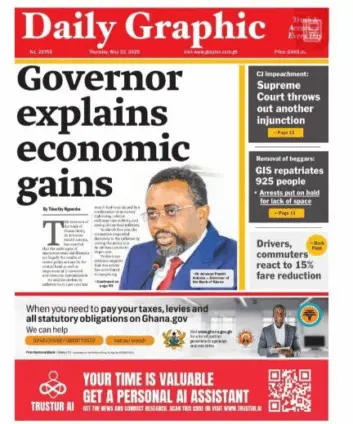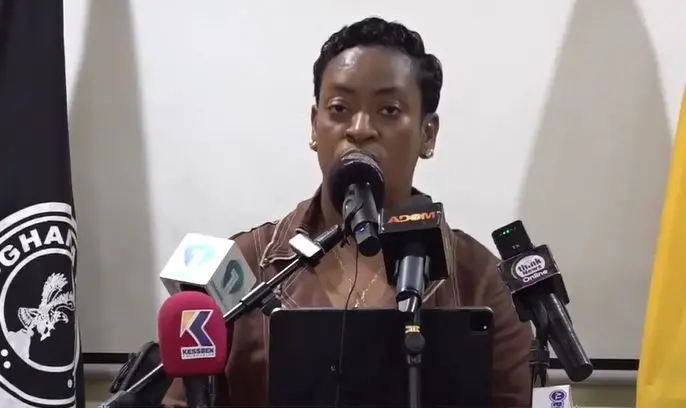The cacophony of hawkers, the maze of makeshift stalls, and the ever-present gridlock – the scene is familiar to anyone who has navigated the streets of Accra or Kumasi. The persistent challenge of managing street traders in urban areas is a complex issue, one that local governance expert Dr. Eric Oduro Osae attributes to a significant, often overlooked factor: political interference. In a recent interview on PM Express, Dr. Osae shed light on the underlying reasons why Ghanaian cities continue to struggle with this seemingly intractable problem.
Dr. Osae, a respected voice on local governance, argues that political calculations frequently trump effective urban planning and enforcement. This interference, he contends, undermines the efforts of local authorities and perpetuates the cycle of street trading.
Political Interference: The Root of the Problem
Dr. Oduro Osae minces no words when identifying the core impediment: undue political influence. He explains that the desire to maintain popularity, especially during election years, often leads to inaction or even the reversal of policies aimed at decongesting the streets. “When you will get a chief executive who may want to keep the traders off the streets, but if it is an election year, you can be sure that this cannot happen,” Dr. Osae stated, highlighting the political realities that often paralyze local government.
But the problem isn’t confined to election seasons. Even when elections are not imminent, local authorities can find their efforts thwarted by directives from higher-ups. As Dr. Osae noted, “A chief executive starts, before you realise, order from above.” This “order from above,” often originating from presidential appointees, can effectively halt any enforcement actions that might be deemed politically sensitive.
Ultimately, the issue boils down to political cost-benefit analysis. Actions that might cost the government politically are often avoided, even if they are in the long-term interest of the city and its residents. This reluctance to take decisive action creates a permissive environment for street traders, who, in turn, contribute to congestion, sanitation problems, and economic disruption.
Three Key Reasons for the Persistence of Street Trading
Dr. Osae identifies three primary reasons why Ghanaian cities continue to grapple with the issue of street traders. The first, he argues, is a “failure on the part of local government to be able to enforce their bylaws strictly.” The regulations are in place, but the will to enforce them consistently is lacking, often due to the aforementioned political pressures.
The second reason, according to Dr. Osae, is “political interference and politicisation of the process.” This reinforces the point that decisions about street trading are often driven by political considerations rather than sound urban planning or the rule of law.
Finally, Dr. Osae points to “the unavailability of medium, short, medium and long-term strategies to ensure that we keep the traders off the city.” In other words, there is a lack of coherent planning and a failure to develop sustainable solutions that address the underlying causes of street trading.
These three factors – lax enforcement, political interference, and the absence of strategic planning – create a self-perpetuating cycle of failed attempts to manage street traders. Dr. Osae emphasizes that until these fundamental issues are addressed, the problem will persist.
Towards a Sustainable Solution
So, what can be done to break this cycle and create more orderly and livable cities? Dr. Osae suggests that a comprehensive strategy is essential. This plan should include not only enforcement measures but also alternative livelihood programs for street traders, the provision of adequate market infrastructure, and public education campaigns.
Crucially, Dr. Osae stresses the importance of political will. Without a strong commitment from political leaders to prioritize urban planning and enforce regulations, any attempt at a solution is likely to fail. Local governments need to be empowered to enforce their bylaws consistently, without fear of political repercussions.
Community involvement is also key. Engaging with local communities in the planning and implementation of solutions can lead to better outcomes and greater buy-in. By working collaboratively, local authorities and residents can create a more sustainable and equitable urban environment.
Ultimately, the enduring challenge of managing street traders in Ghanaian cities stems from a combination of factors: a failure to enforce bylaws, undue political interference, and a lack of strategic planning. As Dr. Oduro Osae points out, until these issues are addressed with a comprehensive strategy and unwavering political will, the streets of Accra and Kumasi will likely remain a chaotic mix of commerce and congestion.
Image Source: MYJOYONLINE


